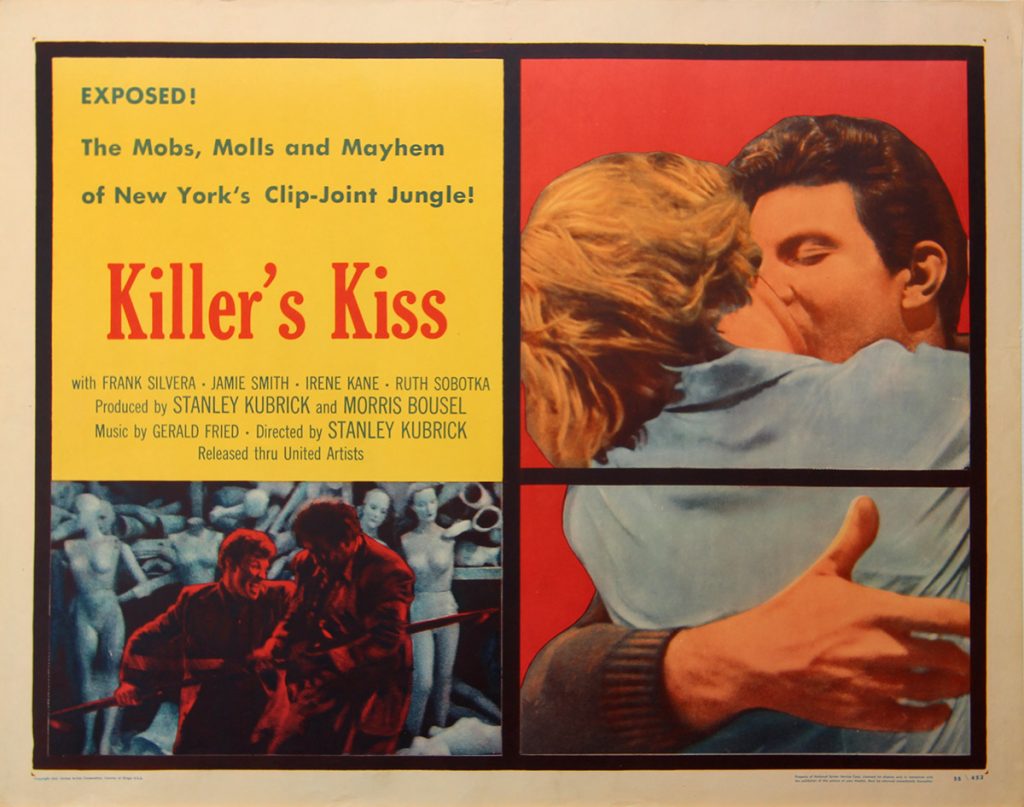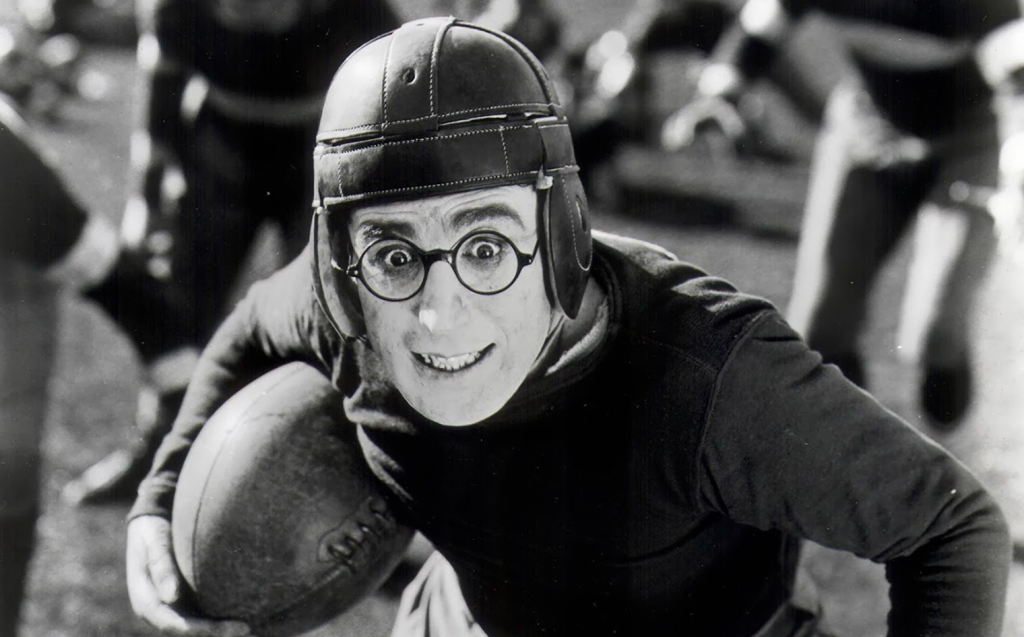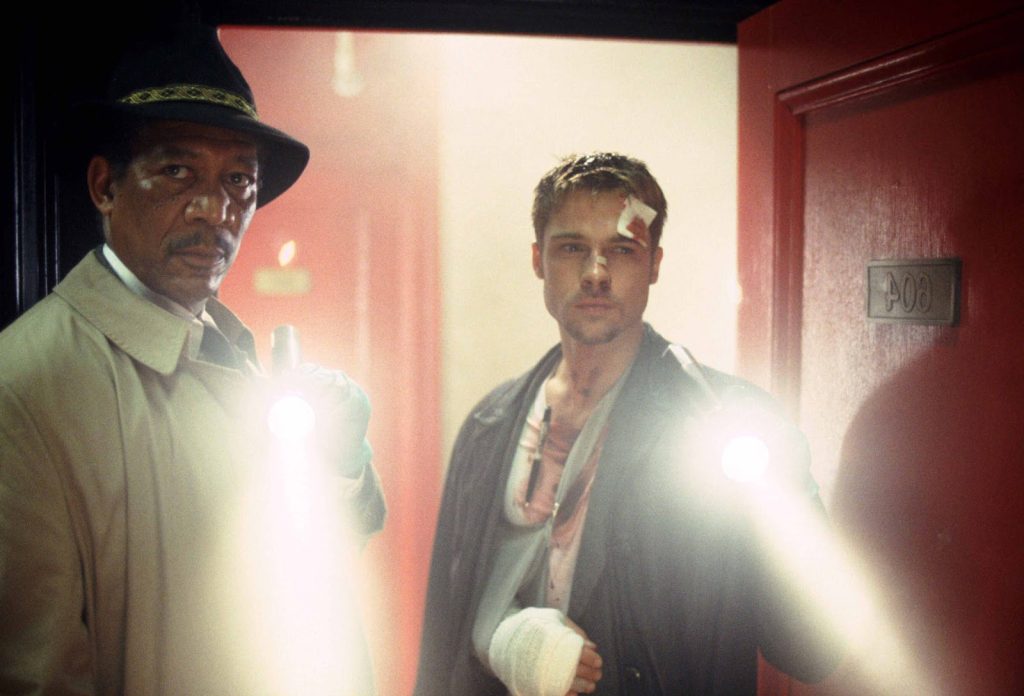I don’t know what makes for a good Stephen King movie.
This isn’t to say I don’t have strong opinions about the films adapted from King’s work on their standalone merits, only that, as someone who’s never cottoned to his prose—and therefore has never been able to stick with one of his full-length novels (I do like the handful of short stories I’ve read)—I often find myself at odds with the general consensus regarding said adaptations.
This isn’t always the case. I’m as fond of Carrie, (the original) Pet Semetary, Misery, and The Mist as most others, and I think The Shining is possibly the greatest horror film ever made (although in the latter’s case, the much noted division between King and Kubrick over the changes made to the story is a strong example of my earlier point). On the other hand, I have little love for others held up as favorites, such as Stand by Me, The Shawshank Redemption, The Green Mile or It.
I mention all of this not because I think my personal opinion of King’s writing or the movies made from his books are of particular interest, but simply to put into context a question I’ve always had regarding one of them in particular:
What’s everyone got against Thinner?
That film, directed by Tom Holland and adapted from the 1984 novel of the same name (the last book King would publish under his pseudonym Richard Bachman before his true identity was exposed), has borne a dreadful reputation since its release 25 years ago, when it proved easy fodder for pun-obsessed critics (“A bland, weightless horror film…”, “Pedestrian horror movie is the ‘thinner’ end of the wedge as far as awful adaptations of King’s books go…”, “Thinner is all (emaciated) concept…”). In nearly every one of the King movie ranking lists strewn across the internet, the film finds itself floating towards the bottom, while its presence on King-related podcasts, comment boards and social media usually see it held up for derision.
But while it’s understandable that middlebrow critics would be down on the movie—it’s a gross-out body horror black comedy with a mean streak a mile wide—I’m shocked that, unlike near countless other examples, Thinner hasn’t earned reappraisal with horror buffs, who, let’s face it, are the easiest lays in all of fandom. You would think that the very ingredients that make Thinner such a hard swallow (I will allow myself this one single pun) for respectable audiences would also make it insatiable (alright, sue me, two puns) to fans of schlock.
Make no mistake: Thinner is pure schlock, but it’s also fun, competently made schlock; a lurid, Twilight Zone-esque tale well told, with not an ounce of fat (go to hell) on it.
Said tale revolves around Billy Halleck (Robert John Burke), a morbidly obese defense lawyer and upper-class family man. We first meet Billy after he’s successfully won an acquittal for his client, mob boss Richie “The Hammer” Ginelli (the Joe Mantegna). Driving home from a post-trial celebration dinner, Billy becomes understandably distracted after his wife starts blowing him in the car, and doesn’t see the old woman that runs out in the street in time to hit the brakes. He kills the old woman—a member of a traveling band of Romanis in town with a carnival sideshow—but, backed by the town’s chief of police (Daniel von Bargen) and a local judge (John Horton), is cleared of all wrongdoing.
Infuriated by this miscarriage of justice—although, to Billy’s credit, the old lady did run out into the middle of the street without looking—the patriarch of the Romani camp, a cancer-ridden but still spry 106-year-old sorcerer named Tadzuk Lempke (Michael Constantine), confronts Billy on the courtroom steps, poking him in the stomach and whispering one word: “Thinner.”

Immediately afterwards, Billy begins dropping massive amounts of weight, much to the horror of himself, his family and his doctor (whom Billy suspects is sleeping with his wife). The medical tests all coming back negative for disease or infection, it doesn’t take Billy long to suspect the cause of his rapid emaciation is a Gypsy curse. His fears are confirmed when he discovers his friends the judge and the police chief have been similarly inflicted—the former transforming into a lizard-like creature and the latter besotted by hideous ulcers and sores. But while they both put an end to their misery by committing suicide, Billy tracks down the Romanis at their camp and begs forgiveness. When that fails, he calls on help from his old client Ginelli, and together, they bring “the curse of the white man from town” down to bear on the ramshackle community. Their bloody war of bloody attrition earns Billy a temporary reprieve from the curse, before an act of horrendous irony causes him to embrace total annihilation.
The original idea for Thinner came to King during a period of bad health, which resulted in his doctor ordering him to lose weight. Such a deeply personal connection is missing from the film, which, despite its overarching tone of black comedy, doesn’t really bother to satirize our diet-obsessed culture (nor does it drill very far down into the class and racial politics that often bubble up to the surface). Instead, Holland—best known for directing ‘80’s cult gems Cloak and Dagger, Psycho II, Child’s Play, and Fright Night, as well the 1995 made-for-TV The Langoliers, which is generally regarded as the cheesiest and possibly worst (albeit in a so-bad-it’s-good way) of all the King adaptations—focuses on the wild twists and turns that make up this pulpy slice of horror-noir, as well as the various acts of stomach churning acts of physical mutation and trauma that make it a full-on work of body horror.
The presentation of the latter is what seems to throw so many people off. The special effects here are of the extra-rubbery variety, especially the prosthetics that adorn Burke during almost every moment of the film. Whether he’s swallowed up in a bulbous fat suit or is draped in hanging folds of loose skin, the effect on the viewer is one akin to the uncanny valley. That said, while these prosthetics may look a bit cheaper than those we find in any number of A-list films over the last several decades (everything from The Nutty Professor to the upcoming Oscar hopeful House of Gucci), they don’t really look any less realistic. Meanwhile, the other effects—especially the judge’s hideous lizard skin—are effectively upsetting.
And yet, for as off-putting as the film’s aesthetics can be, I don’t find it an unpleasant watch, something I credit mostly to the actors. While many of the supporting players bring a low-rent, basic cable energy to the proceedings, the movie is anchored by a legitimately good central performance from Burke and an electric, show-stealing turn from Mantegna.
After a promising start in indie films during the late ‘80s and early ‘90s, where he was part of director Hal Hartley’s regular ensemble, Burke landed the lead role in RoboCop 3 (1993), stepping into Peter Weller’s chrome boots. However, the franchise was well past its sell-by date by then, and the job failed to lead to more starring roles, Thinner excluded. Since then, Burke has been a mainstay in film and especially TV, one of our great ‘That Guy’ character actors, turning in memorable performances in Confessions of a Dangerous Mind, Blackkklansman, and especially the various iterations of Law & Order. Despite being saddled with distracting prosthetics throughout Thinner, Burke makes for a truly engaging lead, expertly switching from sympathetic everyman with a stricken conscience to deranged avenging angel without giving the viewer whiplash. One wonders if Burke had taken more roles in genre (and particularly horror) films, if he mightn’t have enjoyed a similar career to someone like Jeffery Combs.
But good as Burke is here, it’s Mantegna who walks away with the movie. His unmistakable cadence and wry cool feel totally fresh in a horror setting, and it’s clear that he’s having an absolute blast playing a loose cannon for a change. For all that Mantegna’s character is a sadist and murderer, the actor still manages to imbue him with a real sense of sympathy and loyalty, as well as a twisted code of honor, ultimately turning him from villain to anti-hero. One of the best, and most surprising, decisions the movie makes is to let the character survive the whole ordeal and get away scot free (this is not the case in the novel). In a just world, we’d have a whole series featuring Mike ‘The Hammer’ Genelli blasting his way through crazy occult adventures.
While that might be a ridiculous pipe dream, I don’t think it’s asking too much for viewers to give Thinner another look and a fair shake. If it’s not quite on the level of other gooey body horror satires about class warfare like Street Trash (1987) or Society (1989), it’s not that far removed from them. Ultimately, and regardless of how it stacks up to those examples, or how it works as Stephen King film specifically, Thinner remains a truly nasty, ugly and viscerally off-putting piece of work.
What more can you ask for?



